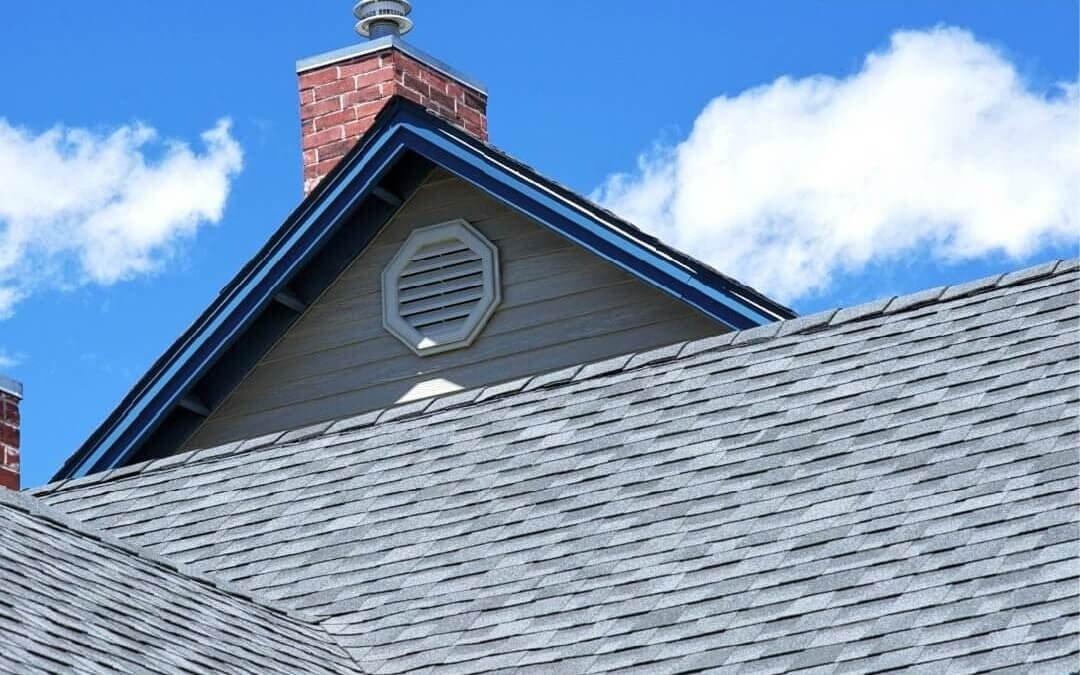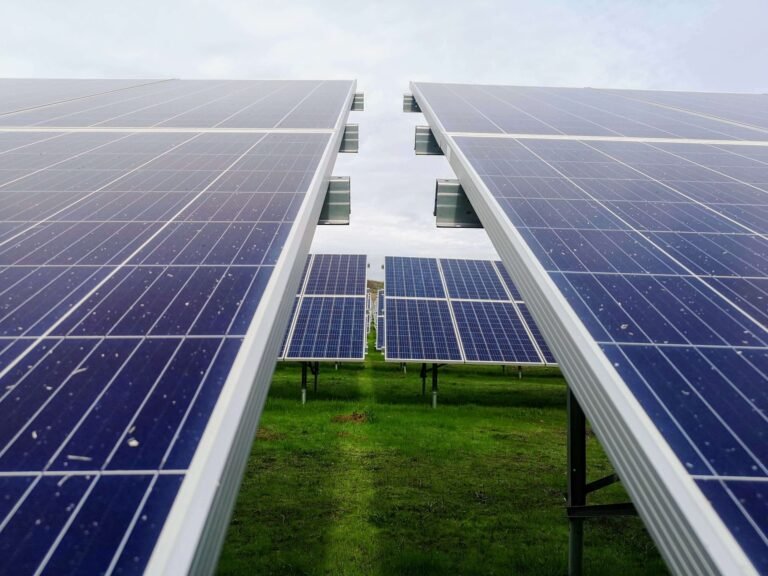Common Roof Myths Debunked
Homeowners exploring options for roof repair or roof replacement often encounter misinformation that can lead to costly decisions. Misunderstandings about lifespan, materials, maintenance, and signs of damage persist in conversations, on social media, and even in real estate advice. For those working with a roofing company in Tampa, it is essential to separate fact from fiction. Here are some of the most common roofing myths, debunked.
Myth: If your roof is over 20 years old, it must be replaced
Age is only one factor in assessing roof health. While many asphalt shingle roofs have a typical lifespan of 20 to 25 years, some last longer with proper care. Conversely, poor installation or extreme weather can shorten a roof’s life, regardless of age.
A 20-year-old roof should be inspected more frequently, but its condition should guide decisions more than its age. An experienced contractor can evaluate material wear, granule loss, water infiltration, and structural integrity to determine whether replacement is genuinely required.
Myth: A leak always shows up on the ceiling first
Ceiling stains are often the final stage of a roof leak. By the time discoloration appears indoors, moisture may have already saturated insulation, drywall, and rafters. Water usually travels along beams or trusses before it reaches a visible location.
Roof leaks may also manifest as mold in the attic, musty odors, or warped walls. Proactive attic inspections and attention to subtle signs can help detect problems early. Waiting until water shows up inside can lead to mold, insulation damage, and more costly repairs.
Myth: Metal roofs attract lightning
This belief persists, but science says otherwise. Metal roofs do not increase the likelihood of a lightning strike. Lightning typically targets the highest object in an area, regardless of material.
In fact, if lightning does strike, a metal roof is safer than many alternatives. It will disperse the electrical charge effectively and is noncombustible, reducing the risk of fire. This makes metal roofing a secure and durable option in lightning-prone regions like Florida.
Myth: A new roof can be installed over the old one
It is possible to install a new layer of shingles over an existing one in certain cases, but it is not always advisable. While this method may reduce labor costs and shorten installation time, it can also conceal underlying issues such as rot, sagging, or water damage.
Most roofing professionals recommend a complete tear-off before roof replacement. Removing the old material allows for inspection of the deck and installation of modern underlayment. Often, building codes limit how many layers can be applied so that a full removal may be required.
Myth: All roofing warranties are the same
Not all warranties are equal in length, coverage, or conditions. Manufacturer warranties usually cover defects in materials, while workmanship warranties protect against installation errors. Some cover only certain types of damage, and many require regular maintenance to remain valid.
Read the fine print carefully. Understand what is covered, how to file a claim, and what conditions may void the agreement. Ask your roofing contractor for a clear explanation of all warranty documents before work begins.
Myth: Shingles are all that matter
While shingles are visible, a roofing system is made up of several critical components. Underlayment, flashing, ventilation, drip edges, and fasteners all contribute to the roof’s integrity. Ignoring these elements can lead to early failure, moisture issues, and poor energy performance.
Ask your contractor to explain the entire system during installation or repair. A roof built with only the minimum materials may meet the code but fail to perform well under Florida’s intense heat and seasonal storms.
Falling for common roofing myths can lead to poor decisions and unnecessary expenses. Whether you are considering a roof replacement or evaluating roof repair options, make sure you understand the facts behind materials, warranties, and signs of trouble. If you need guidance from a roofing company that takes the time to educate homeowners in the Tampa area, contact Avatar Roofing for trusted support and informed solutions.






